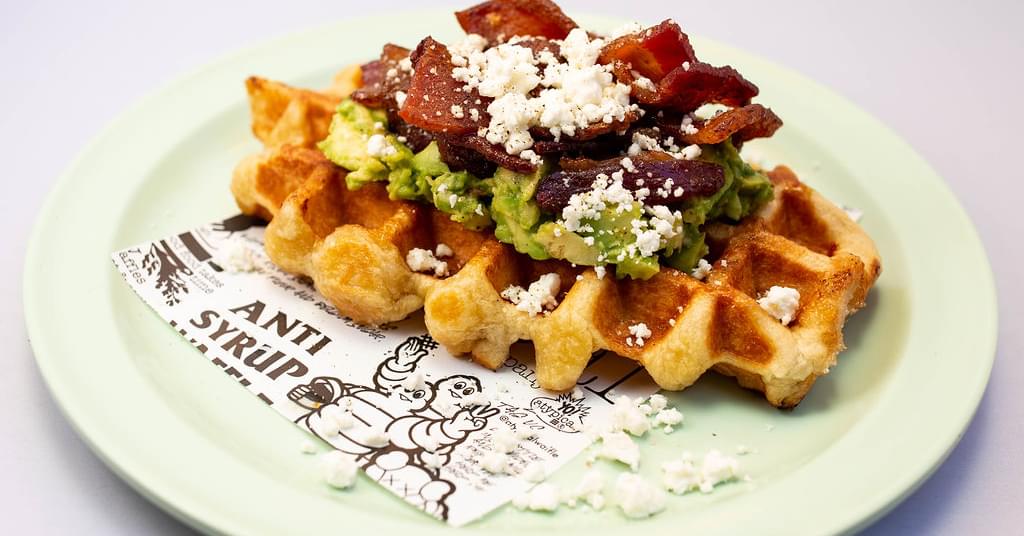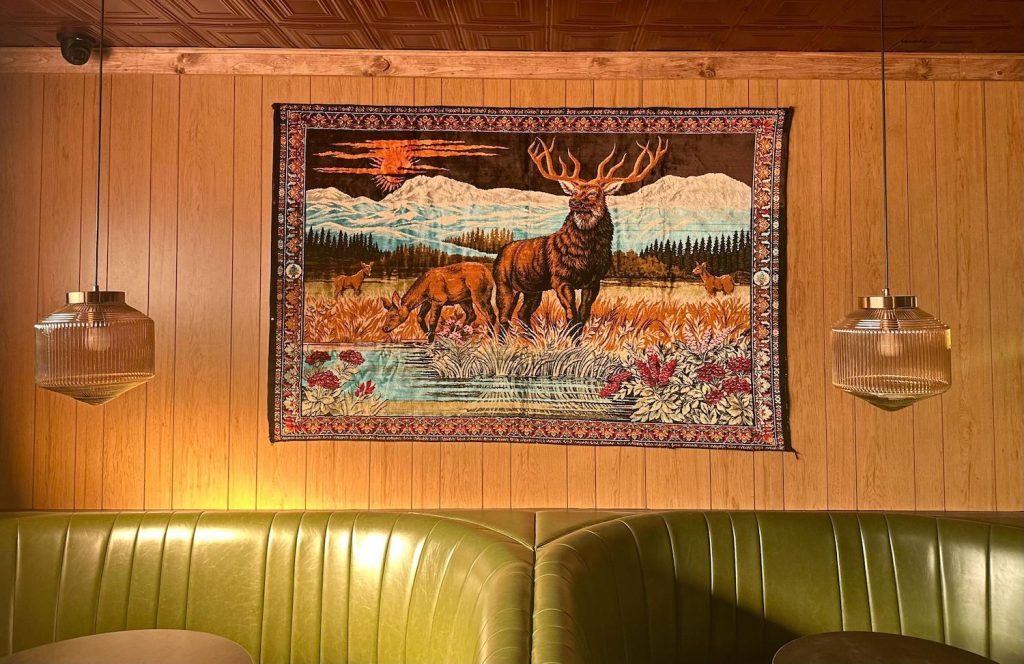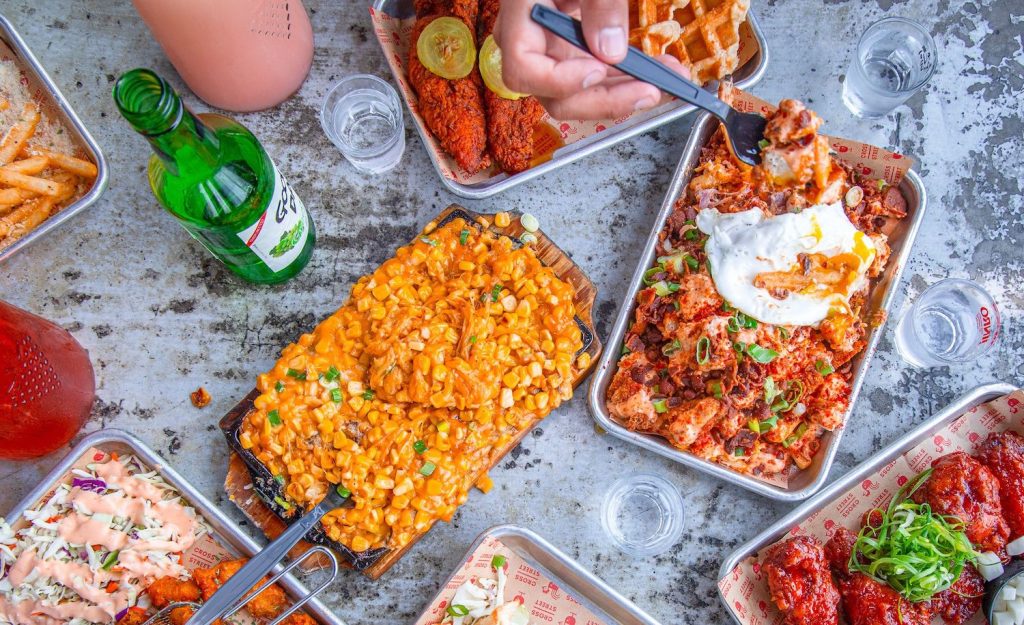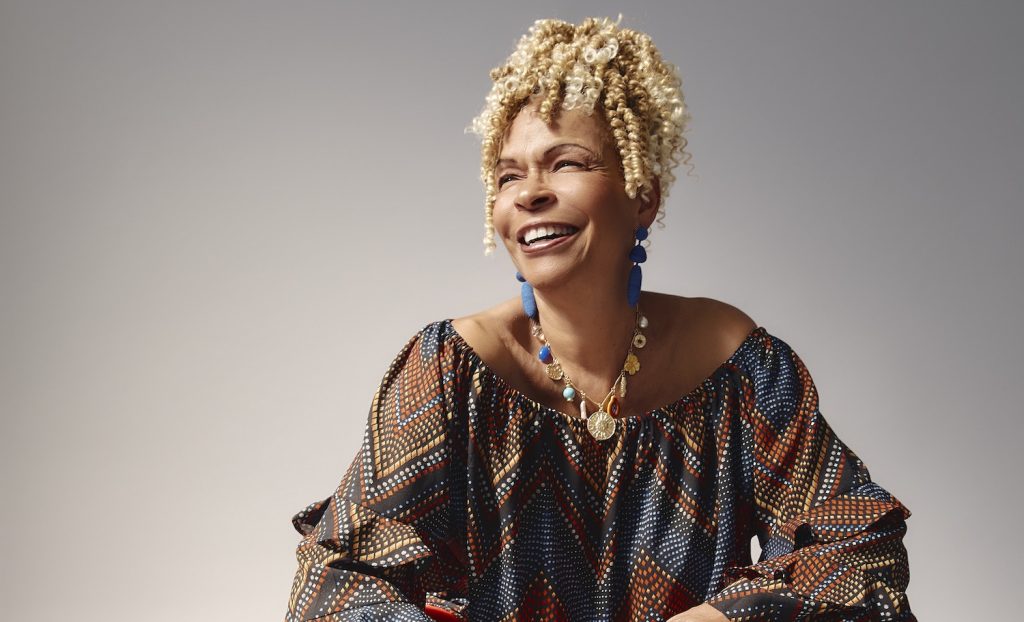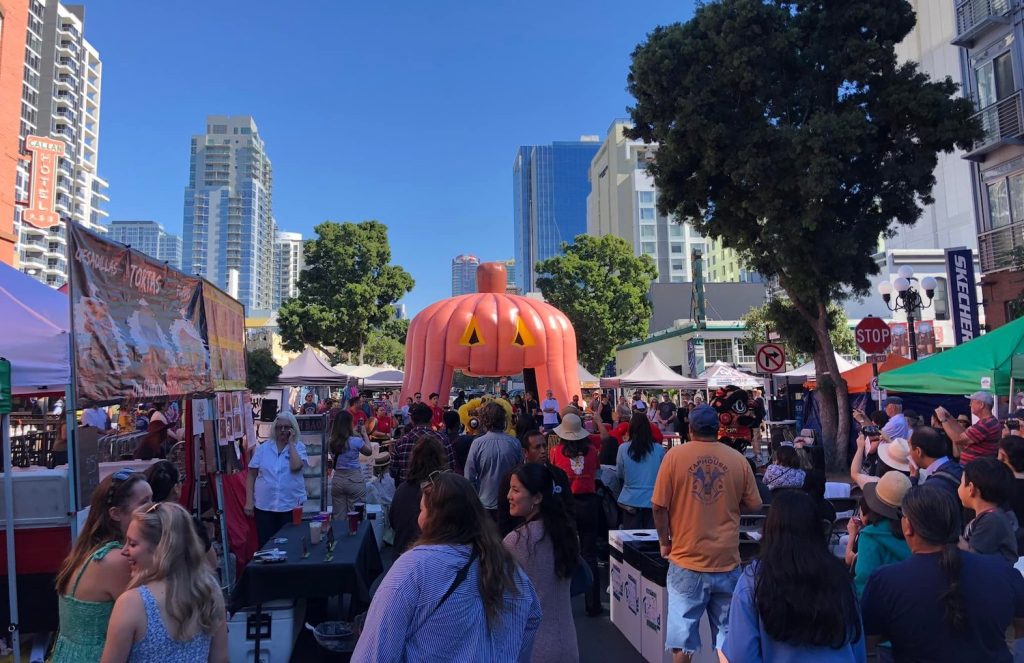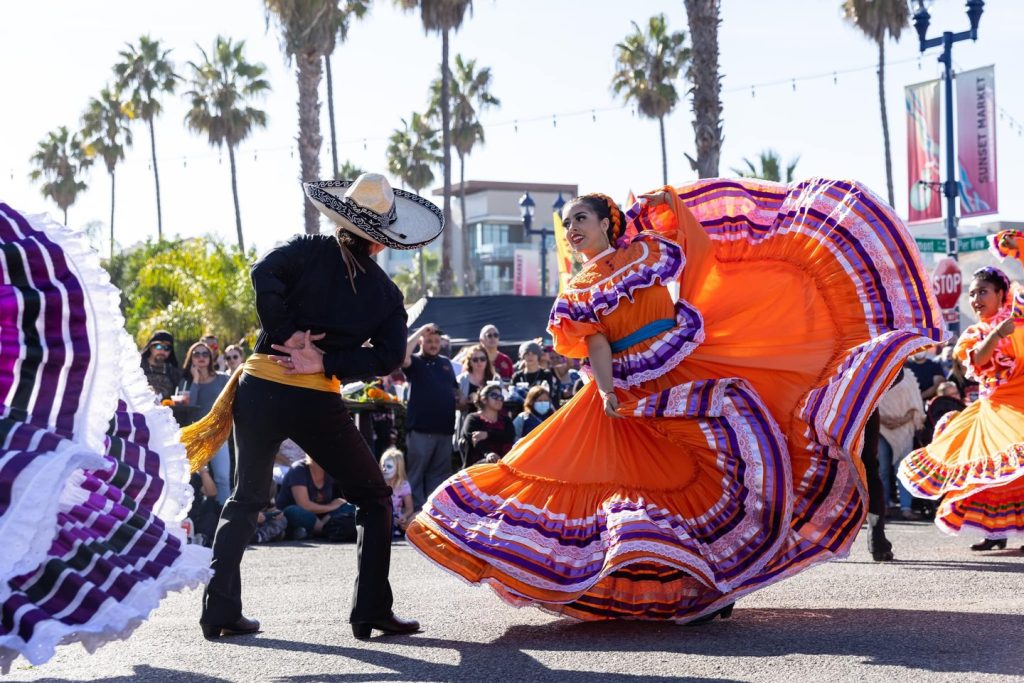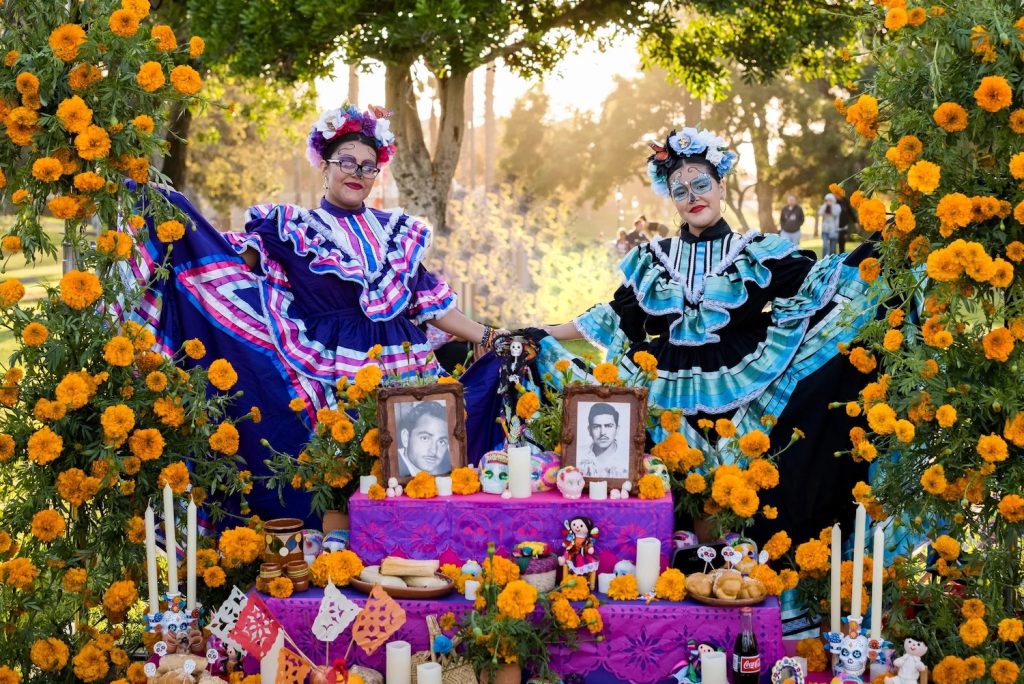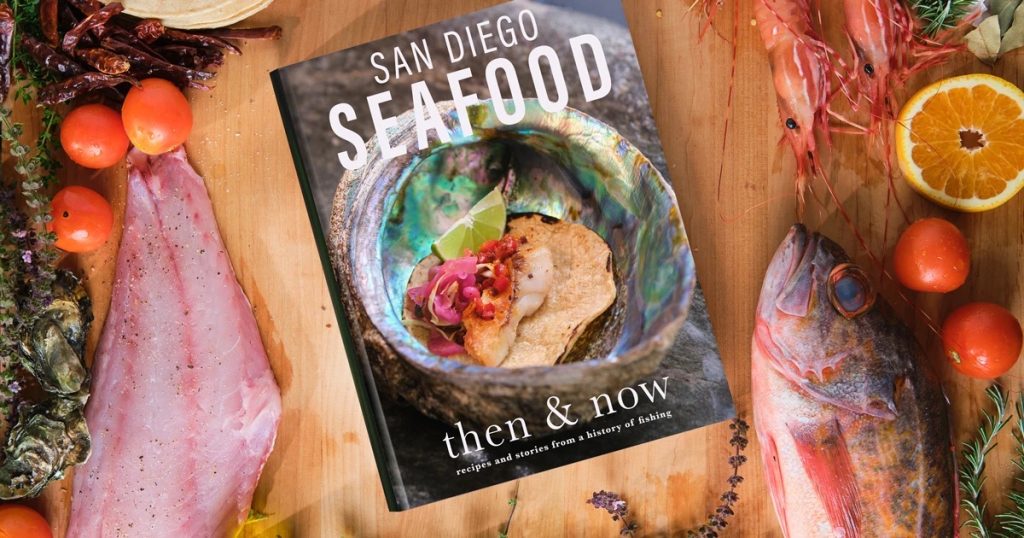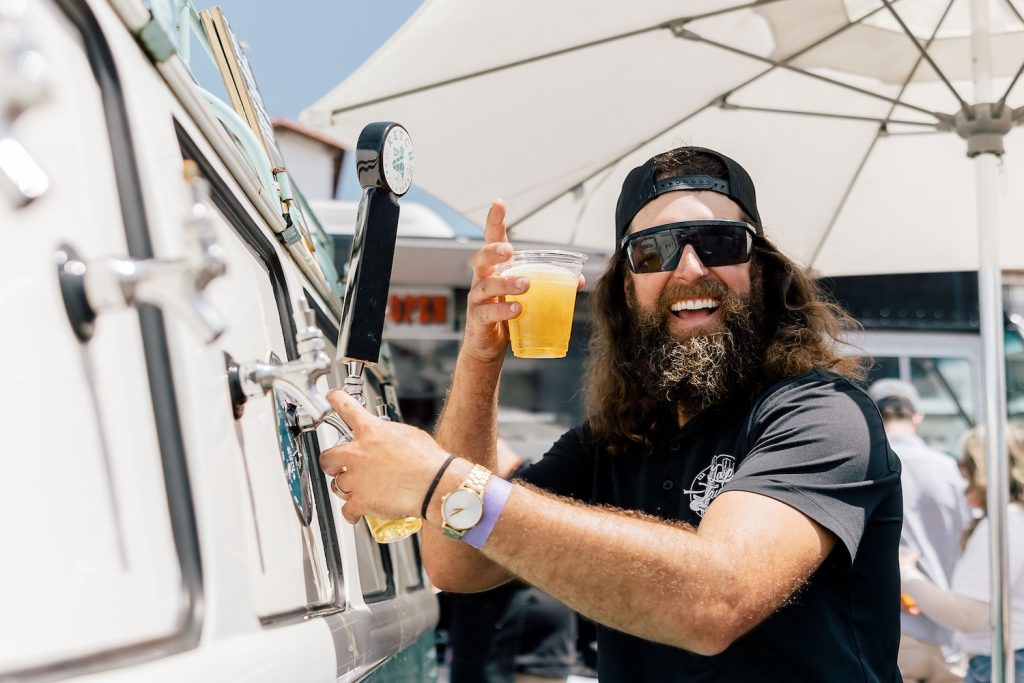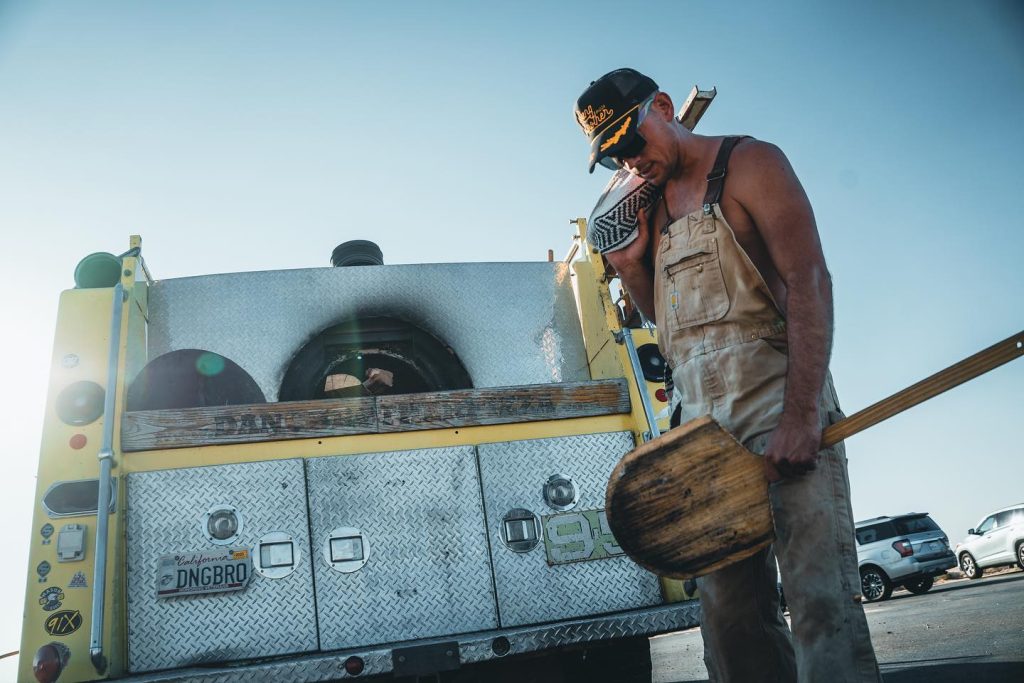Originally published August 25, 2020
Since only about 10 percent of California wineries are owned by women, and an even smaller percentage are owned by people of color (POC), it may be surprising to hear that Escondido has its very own unicorn: a Black- and female-owned winery. Denise Clarke is humble and talented (and has an impeccable palate—but we’ll get to that), and she’s the woman behind one of San Diego’s best kept wine secrets, Altipiano Vineyard and Winery. It sits on a former avocado grove, one of many in Escondido—and its origins literally rose from the ashes.
Clarke is a longtime wine enthusiast, and a 2007 trip to Tuscany sparked her deep love for Italian wine. While sipping a glass of her favorite varietal, sangiovese, and gazing out at the Tuscan countryside, she promised herself that she would own her own vineyard someday. Fast forward a few months to a raging wildfire in Escondido, and Clarke’s family frantically packing up their most cherished possessions to evacuate their home. When they returned a few days later, they found that the lush avocado grove on their property had been completely destroyed. They were devastated, but Clarke quickly saw this as an opportunity to fulfill her dream, pivot from avocados to grapes, and produce her own wine—though it was all happening much sooner than she’d expected.
In the aftermath of the 2007 fire, Clarke invited soil consultants to assess whether the land was suitable for a vineyard, and she learned about the first steps required to plant one. When it was deemed possible, she made her first purchase at Nova Vine nursery in Santa Rosa, because they grow the brunello clone she fell in love with in Italy. She planted the vineyard in June 2008, and the winery soft-opened in February 2012.
“My vineyard brought the love I felt in Italy to fruition,” Clarke says. “Altipiano was inspired directly from the fire. I didn’t want to leave my home or the land that I loved, and Mother Nature chose my new crop for me.”

Altipiano Winery
Photo courtesy of Denise Clarke
After years of grueling work and trial and error, she became the first—and to date, only—Black woman running a winery in San Diego County.
Nearly 12 years later, Clarke still encounters the typical scrutiny trained on Black female business owners, and no matter her level of success, she finds that she must prove herself over and over again. She’s constantly asked questions like “So, your [white] husband is the one who actually owns this winery, right?”, and is skeptically quizzed about the winemaking process. She wasn’t taken seriously as a vintner until her wines started winning gold and double gold medals at major competitions like the San Francisco International Wine Competition.
The seven wineries in Escondido’s Highland Valley are a tight-knit group, but there have been times when Clarke felt like she wasn’t part of the “club.” However, she has embraced her challenges, and says that those moments of exclusion, paired with unwavering support from her family and friends, are what motivate her to work harder—and have led to some of her biggest successes.
Asked to reflect on why she’s had to jump through hoops to be taken seriously in the wine industry, she says it’s largely due to the misconception that POC don’t drink wine, especially Black people. “Just like anything that’s not traditionally Black, we don’t see POC portrayed in the wine industry drinking or purchasing wine, so POC are less inclined to purchase and drink wine themselves. This is true for nearly every industry, and the wine industry is no different.”
As a POC and number-one lover of all things wine, I can assure you this assumption is false, yet it has led to the industry excluding huge segments of the potential market for decades.
“I think wineries can fix this from within,” Clarke says. “They can start by hiring diverse staff that are reflective of the community. They can create a space that is safe, comfortable, and welcoming for people of all backgrounds. And as an industry, we can encourage POC to become involved in wine, and experience things that are nontraditional for them.”
Clarke has created the Tuscan-inspired winery she always dreamed of. The microclimate of Escondido’s Highland Valley (similar to that of France and Italy) and the area’s nutrient-rich soil are the perfect pairing for growing high-quality grapes and producing lean and balanced yet bold wines.
She focuses on Italian varietals, her favorites being her Estate Brunello Sangiovese, Estate Barbera, Primitivo, and Aglianico. Her passion for her wine really comes through when she starts describing the “personality traits” of each one, personifying them all. She calls her sangiovese her favorite child, “Lady Brunello,” and describes her as elegant with beautiful finesse.
She has big plans for Altipiano, including an upcoming renovation of the tasting room patio and an expansion of her residence to open it for farm stays.
Clarke wants her vineyard to be a place where people of all backgrounds can gather to relax over a bottle of wine.
“I’ve trained my staff to make everyone feel welcome the minute they walk into the winery,” she says. “No matter how busy we are, everyone is greeted when they arrive, and they are always welcome here.”
Nia Gordon is a psychologist by day, and spends her free time writing about wine—but most often just sipping it. Her blog is themoreyoubordeaux.com. @themoreyoubordeaux

Altipiano Winery / Denise Clarke
Photo courtesy of Denise Clarke
